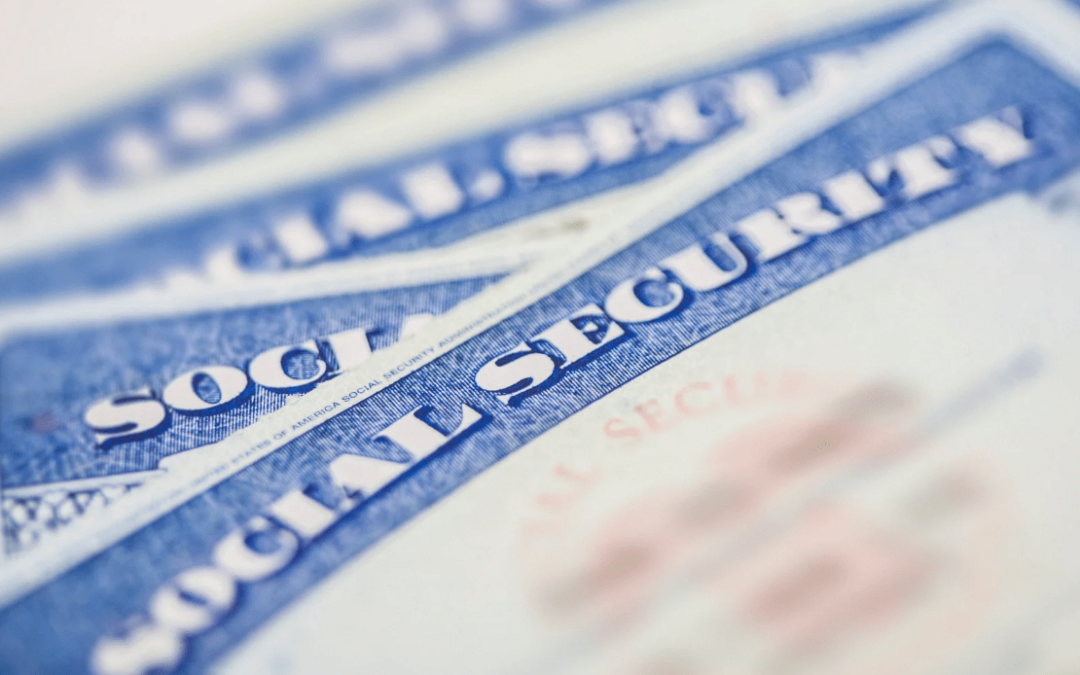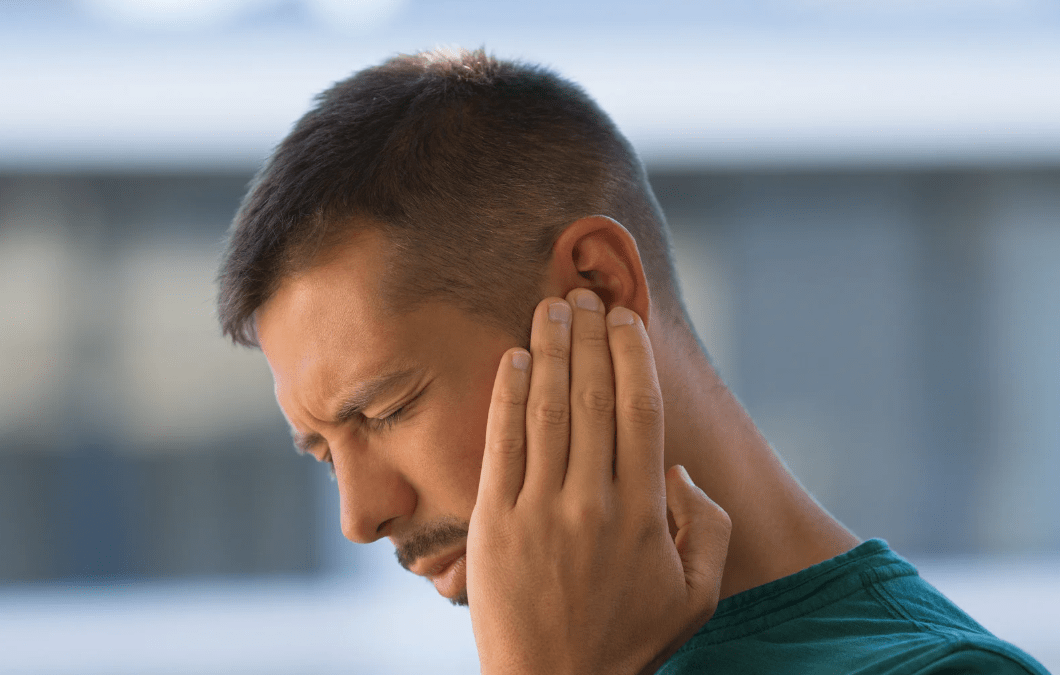
Table Of Contents
Qualifying for VA Disability Benefits for Anxiety
Generalized anxiety disorder can have a significant impact on your day-to-day life. Symptoms may include:
- Restlessness or edginess
- Fatigue
- Irritability
- Difficulty concentrating
- Headaches
- Muscle aches and other unexplained pains
- Stomach pain
- Intrusive thoughts
- Sleep problems
According to the National Institute of Mental Health (NIMH), about 5.7% of the general population experiences generalized anxiety at some point in their lives, and about 2.7% in a given year. In contrast, this condition impacts about 12% of veterans and about 40% of veterans who are suffering from post-traumatic stress disorder (PTSD).
Anxiety As A Service-Connected Disability
The VA recognizes anxiety as a service-connected disability, but it will be up to you to demonstrate both that you suffer from this and that your condition is service-connected. The first part will typically be established by diagnostic records and other information from your treating physician and/or psychiatrist.
One important element in establishing service connection is the timing of the onset of your symptoms or significant worsening of those symptoms. This element may be covered in your medical records, but may also be established in part by information from family and others close to you about changes in your condition and behavior. An experienced veterans disability benefits advocate can help you identify and gather the information necessary to prove your claim.
Anxiety As A Secondary Service-Connected Disability
While this condition alone may qualify you for veterans disability benefits, it may also be secondary to other service-connected disabilities. Some conditions that may give rise to or be connected with anxiety include:
- Traumatic brain injury (TBI)
- Post-traumatic stress disorder (PTSD)
- Depression
- Chronic pain
This is just a partial list–if you’re already receiving VA disability benefits and have developed this disorder or another type of anxiety, ask your physician whether those conditions may be connected.
VA Disability Ratings for Anxiety
Like most conditions, anxiety can result in a range of possible disability ratings. This depends on how serious the disorder is and the degree of impairment it causes. A veteran with a diagnosed, service-connected anxiety disorder may be rated from 0% to 100% disabled. For example, a veteran with a mental health disorder such as anxiety may receive a 30% VA disability rating if the veteran can generally function satisfactorily in terms of behavior, self-care, and communication, but may occasionally suffer a decrease in work efficiency and periods of inability to perform occupations tasks due to depressed mood, panic attacks, chronic sleep impairment, and similar issues.
To learn more about how to put together the strongest possible claim for veterans disability benefits and how your disability may be rated, consider speaking with a veterans disability advocate. At Veterans Help Group, we put our knowledge and experience to work helping disabled veterans make effective claims for disability benefits and appeal denials or low disability ratings. To learn more, contact us here or call (855) 855-8992 to get started.

How to Get an IBS Disability Rating from the VA
How to Get an IBS Disability Rating from the VA If you suffer from irritable bowel syndrome (IBS),...

2025 Social Security Updates: New Identity Proofing Requirements
2025 Social Security Updates: New Identity Proofing Requirements Big Changes Coming to Social...

Changes at the Department of Veterans Affairs: What Veterans Need to Know
Changes at the Department of Veterans Affairs: What Veterans Need to Know By: Donnel Beckles, VA...





